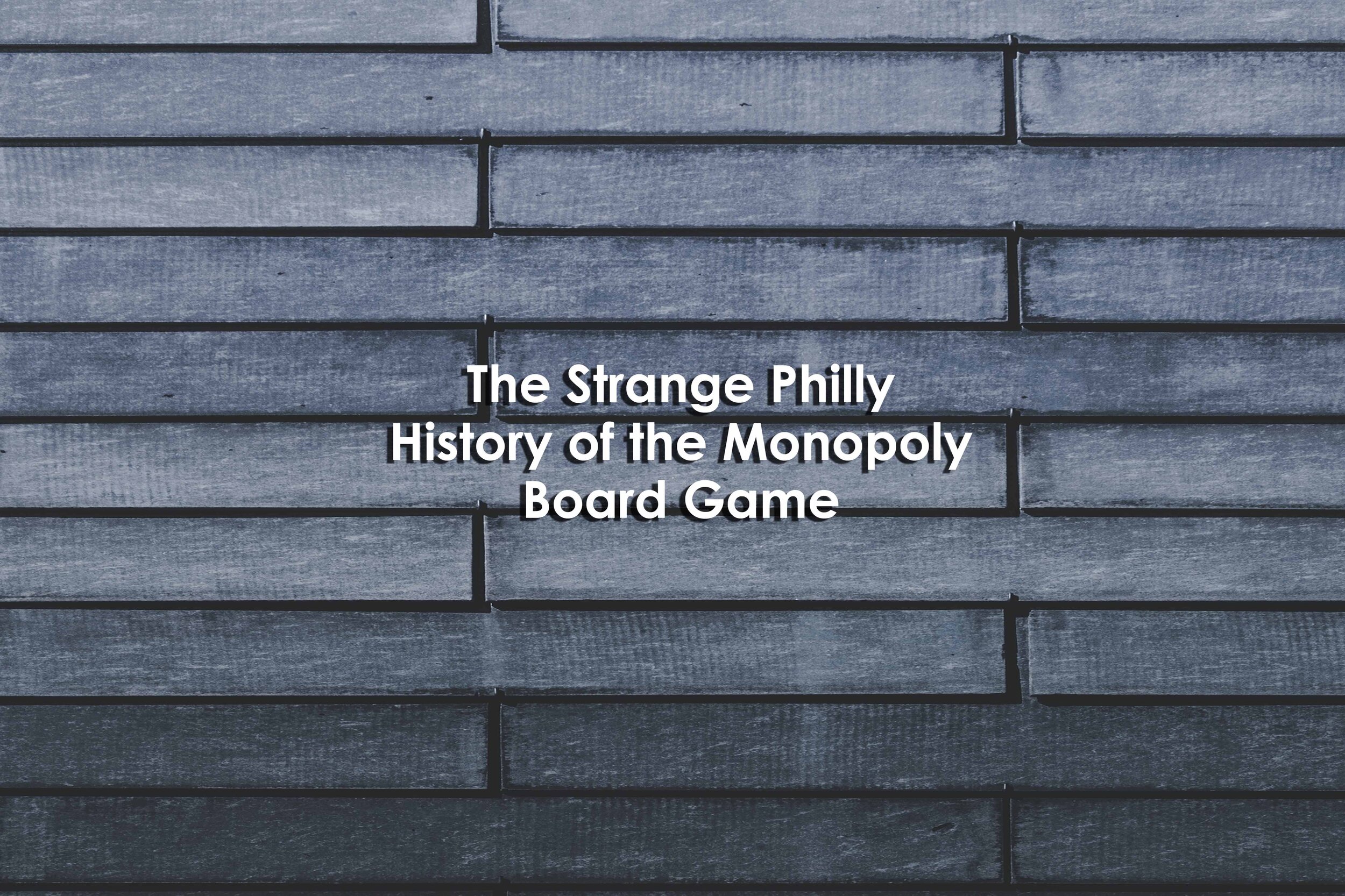The Strange Philly History of the Monopoly Board Game
The Strange Philly History of the Monopoly Board Game
The Strange Philly History of the Monopoly Board Game
By Sandy Hingston
February 06 , 2021
Summary
In the wake of the Great GameStop Rebellion, which pitted the proletariat against their hedge-fund oppressors, it's worth hitting pause to reflect on the peculiar origins of what may be the world's favorite board game: Monopoly, brainchild of an unemployed Germantown native, Charles Darrow, who would become the first game inventor ever to become a millionaire.
Here's a quick breakdown, in honor of February 7th, the date on which the first game was sold more than 85 years ago.
Darrow's game is generally considered a successor to one invented by Elizabeth Magie, a typist at the Dead Letter Office in Washington, D.C., and patented in 1903 - when less than one percent of all patent applicants were female.
Played by one rule set, the game rewarded all the players when wealth was created; played by the other, one winner crushed all other comers.
The Landlord Game became popular among certain progressive groups, including college students and a group of Quakers living in Atlantic City.
Darrow dangled the game in front of Parker Brothers in 1933, but the company famously rejected it, declaring that it was "Too complicated, too technical" and "Took too long to play," which - you know, who's gonna argue with that? Armed with bang-up Christmas-season sales he offered it again in 1935, and this time, the game maker bit.
Darrow's capitalist version of The Landlord Game sold 278,000 copies in its first year and almost two million the next.
She hoped the new game would disseminate George's theories more widely.
Marvin Gardens and all, the game has become a worldwide best-seller, with versions marketed in Russian, Cantonese, Italian, French, Portuguese, Spanish and many more languages, with boards tailored to foreign locales.
Neiman Marcus sold a chocolate version of the game for $600 in 1978; an iPhone version debuted in 2008.
Reference
Hingston, S. (2021, February 06). The strange PHILLY history of the Monopoly board game. Retrieved April 10, 2021, from https://www.phillymag.com/news/2021/02/06/monopoly-philadelphia-germantown-inventor/


